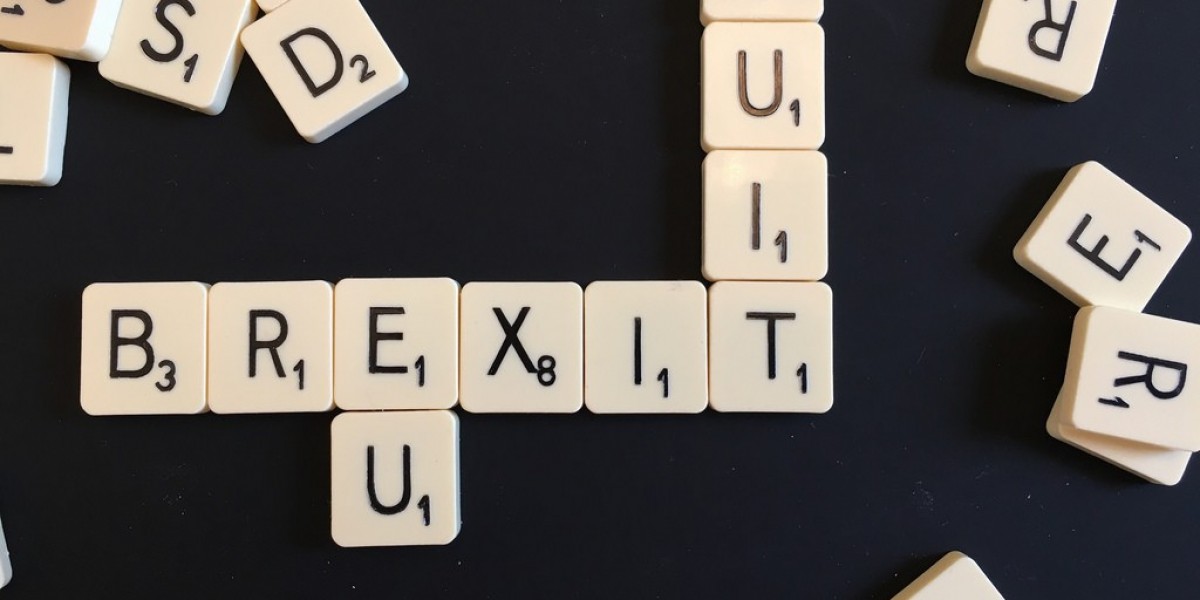
But what does Brexit means Brexit actually mean?
On 23 June, the United Kingdom voted to leave the European Union triggering a political earthquake unlike any other in modern British history and the aftershocks were staggeringly powerful. By the end of that week, the Prime Minister announced his resignation, the pound dropped to a 30-year low and the UK lost its AAA credit rating.
The majority of voters in England and Wales voted to leave, whereas Scotland and Northern Ireland voted to remain and talk quickly moved to the matters of Scottish independence and the reintroduction of border controls with the Republic of Ireland. The future of the United Kingdom itself seemed to be hanging in the balance.
Now, almost three months later, Parliament has returned from its summer recess and the dust seems to have settled. Sterling has stabilised, the new Prime Minister Theresa May has incredibly high approval rates and increased tourism and exports have brought a summer surge to the economy, soothing fears of a post-Brexit recession.
But what happens now? Prime Minister May attended the G20 this week in China and she did not miss the chance to repeat her nebulous mantra that 'Brexit means Brexit'. The Secretary of State for Exiting the European Union, David Davis, did little to expand on it, delivering an 'astonishingly empty statement' to parliament leaving MPs 'none the wiser about the government’s plans'.
The Prime Minister has stated that she is in no rush to trigger the official process of leaving the EU by triggering Article 50 and she has furthermore made it clear that there will be no second referendum, perhaps wisely, given the BBC’s assessment that, 'it would be seen as political suicide to go against the will of the people as expressed in a referendum.'
This much is clear: Brexit means Brexit. But what does 'Brexit means Brexit' actually mean? Festivaletteratura will try to shed some light on one of the most ill-defined portmanteaux of recent times with two events which tackle the issue from different angles.
Sebastian Coe, in his most recent novel Number 11, instead, takes a warts-and-all look at how British society has changed in recent times, taking aim at a wide range of targets from across the spectrum. His return to Festivaletteratura, after an absence of almost ten years, comes at a timely moment in which he, a passionate Remainer, will examine the fall out of the vote and what it means for the future of UK, its place in Europe and the world.
Meanwhile, Jeanette Winterson and Howard Jacobson, together with Peter Florence, director of the Hay Festival, will examine the culture wars that broke out in the build-up to the referendum and analyse the increasingly fractured identity of those islanders living on the north-western fringes of Europe.
Image: c2.staticflickr.com/2/1518/24863504319_0778d238f4_b.jpg



